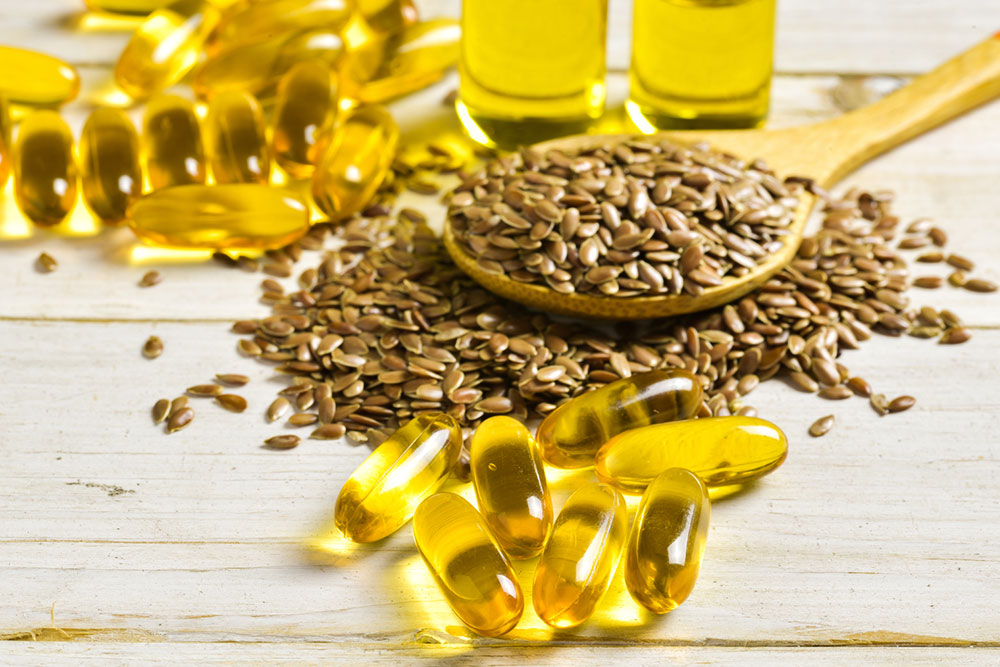Comprehensive Guide to Managing and Alleviating Gout Pain Effectively
This comprehensive guide explores effective strategies for managing gout pain, including dietary tips, natural remedies, and medical treatments. Learn how lifestyle changes and natural therapies can help reduce joint inflammation, lower uric acid levels, and prevent flare-ups, ensuring a better quality of life for gout sufferers.

Comprehensive Strategies for Managing and Alleviating Gout Pain Effectively
Gout is a painful form of arthritis that affects millions worldwide. It manifests as sudden, intense pain, swelling, and redness, often in the big toe or other joints. If you have experienced abrupt, excruciating pain in your joints, especially at night, it might be a sign of a gout flare-up. Unmanaged gout episodes can recur frequently, causing joint damage and chronic discomfort over time. Recognizing the triggers and understanding how to manage this condition is essential for maintaining a good quality of life. Predominantly affecting men, gout is closely linked to elevated uric acid levels in the blood, which lead to crystal formation within joints, resulting in inflammation and severe pain.
Understanding the root causes of gout pain is crucial in adopting effective prevention and relief strategies. Elevated blood uric acid levels, also known as hyperuricemia, occur when the body either produces too much uric acid or cannot eliminate it efficiently through kidneys. These excess uric acids crystallize within joints, provoking intense inflammation and pain. The recurring nature of gout attacks underscores the importance of targeted lifestyle changes and medical management to control uric acid levels and prevent future episodes.
Diet and Lifestyle Factors Influencing Gout Risk Gout development is often linked to dietary habits and lifestyle choices. Overweight individuals, excessive alcohol intake, and diets rich in purines—found notably in red meats, organ meats, and certain types of seafood—are at increased risk of developing gout. Medications such as diuretics, commonly prescribed for hypertension, can also raise uric acid levels, contributing to gout attacks. Moreover, consuming sugary drinks and foods high in refined carbohydrates can exacerbate hyperuricemia, raising the likelihood of flare-ups.
Natural and Home Remedies for Gout Relief When dealing with a gout attack, natural remedies offer effective ways to reduce pain and inflammation, often complementing medical treatment. These methods are accessible, affordable, and safe when used properly.
Some proven strategies include:
Applying Cold Therapy Cold packs or ice wrapped in a cloth applied to the affected joint can significantly reduce inflammation and numb the area, providing fast pain relief. Cold therapy is a simple, non-invasive method that can be applied multiple times a day during flare-ups.
Celery Seed Extract Known for its anti-inflammatory and uric acid-lowering properties, celery seed extract is a traditional remedy. Rich in phenolic acids, it helps reduce joint inflammation and ease pain. Consuming fresh celery juice or taking supplements can be beneficial for those with gout.
Black Cherry Juice Scientific studies suggest that black cherry concentrate can lower gout attack risks by roughly 35%. Its anti-inflammatory compounds and antioxidants help decrease uric acid levels and reduce joint swelling, making it a popular dietary addition for gout sufferers.
Medical Treatments For severe or recurrent attacks, consulting a healthcare professional is vital. Doctors may prescribe medications such as corticosteroids, colchicine, or pain relievers (including opioids) to quickly control inflammation and pain. Early intervention often results in more effective symptom management and prevents long-term joint damage.
Omega-3 Fatty Acids from Fish Oil Fish oil supplements, rich in omega-3 fatty acids, are renowned for their anti-inflammatory effects. Consuming fish oil regularly can help decrease joint swelling and lower the risk of future gout episodes. Incorporating fatty fish like salmon, mackerel, or sardines into your diet can also be beneficial.
Dietary Modifications to Manage Gout A balanced diet plays a pivotal role in controlling uric acid levels. Focus on reducing foods high in purines and increasing those that help lower uric acid.
High-Fiber Foods Vegetables, nuts, and seeds can aid in reducing uric acid concentrations and promote overall joint health. Fiber helps improve kidney function, facilitating uric acid elimination from the body.
Potassium-Rich Foods Consuming potassium-rich items such as bananas, sweet potatoes, and citrus fruits helps regulate fluid and electrolyte balance, reducing uric acid buildup and alleviating gout symptoms.
Berries and Fruits Berries like cherries, strawberries, and blueberries are packed with antioxidants that combat inflammation and lower uric acid levels naturally.
Hydration Staying well-hydrated is vital. Drinking at least 8-10 glasses of water daily helps flush uric acid from the bloodstream, decreasing the likelihood of crystal formation and subsequent attacks.
Additional tips to prevent gout include maintaining a healthy weight, avoiding alcohol especially beer, limiting intake of sugary foods, and engaging in regular physical activity. These lifestyle changes can significantly diminish the frequency and severity of gout episodes, enabling sufferers to live more comfortably.
In summary, managing gout effectively involves a combination of dietary adjustments, natural remedies, medication when necessary, and lifestyle modifications. Early intervention and consistent health practices are crucial for preventing recurring attacks and protecting joint health. Always consult with a healthcare professional for personalized treatment options and guidance tailored to your specific condition.





